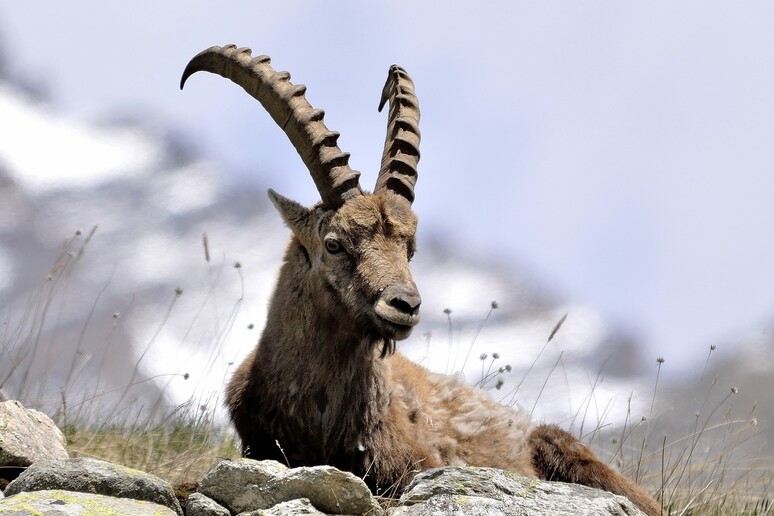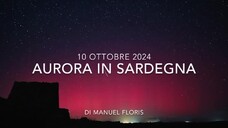Alpine ibex are changing their habits due to global warming, becoming increasingly active at night to avoid the heat despite the increased risk of predation from wolves, according to a study from the University of Ferrara in conjunction with the University of Sassari, the Gran Paradiso National Park and the Swiss National Park.
The results, published in the journal Proceedings of the Royal Society B: Biological Sciences, highlight the need to review fauna management activities and the presence of potential elements of disturbance.
The research, overseen by Stefano Grignolio of the Department of Life Sciences and Biotechnology at the University of Ferrara, shows that the temperature-related increase in the nocturnal activity of the ibex is similar in males and females and demonstrates that their need to live in ideal temperature conditions outweighs the risk of being preyed upon.
This suggests that in the long term, climate change could also be dangerous for other species of diurnal animals that are ill-suited to living in higher temperatures. Consequently, if animals change the times when they are active, it will be necessary to review fauna management activities such as censuses, because it will be more difficult to find and count animals during daylight hours.
Secondly, other sources of stress that could further decrease animal activity during the day, such as the presence of tourists or helicopter overflights, will have to be reduced.
Riproduzione riservata © Copyright ANSA













